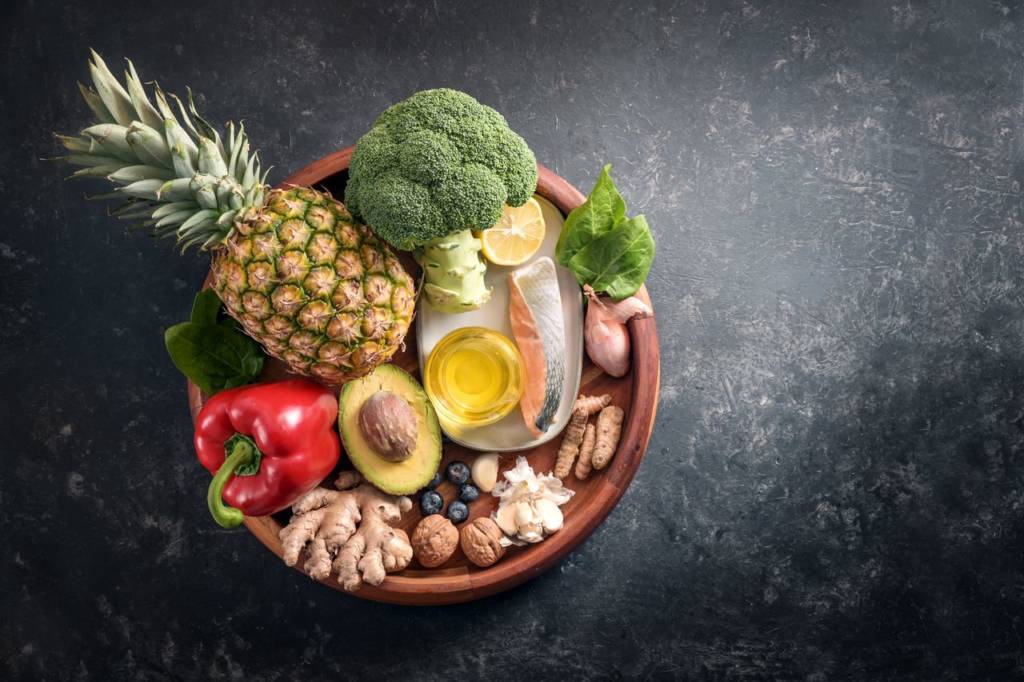Amelia Grant
6 Foods That Can Trigger Rheumatoid Arthritis Flare-Ups

You’ve probably heard that following a well-balanced diet can help relieve symptoms of rheumatoid arthritis like joint pain, swelling, and stiffness. But did you know there are also some foods you should avoid if you have rheumatoid arthritis? These foods can exacerbate your symptoms, provoke a flare-up, raise your risk of complications, and impact the amount and type of medication you need to take.
What you eat matters when it comes to managing your condition. Your food choices can help manage inflammation related to rheumatoid arthritis in your body that provoke pain and swelling in your joints as well as damage in your heart and other organs.
It’s essential to increase your consumption of healthy anti-inflammatory foods such as fish, fruits, nuts, and vegetables. At the same time, you need to avoid foods that increase inflammation. Stay away from these foods to help lower inflammation and improve your RA:
1. Foods and beverages that are high in sugar
High-sugar foods play a big role in exacerbating autoimmune diseases including rheumatoid arthritis. People who drink more than one sugary soda a day are 63 percent more likely to get rheumatoid arthritis than those who drink less than one sugary soda drink a month. Check food labels for sugar content and don't forget about sugars that go by other names like fructose and sucrose.
2. Foods high in sodium (salt)
The inflammation related to rheumatoid arthritis can damage your heart as well as your joints. Sodium puts a big stress on your heart by retaining extra fluid in your body, which can increase your blood pressure. Plus, the corticosteroid medications that many patients take to treat rheumatoid arthritis can also make the body retain sodium.
Limit the amount of sodium to 1500 milligrams a day. Beware when ordering in or eating out. Americans get most of their salt from processed foods and restaurant meals.
3. Alcoholic beverages
A moderate consumption of alcohol (less than one glass of wine or beer a day) can help reduce your risk of rheumatoid arthritis. If you already have rheumatoid arthritis, resveratrol, a compound contained in red wine, might help reduce inflammation, but it’s important to limit the amount of alcohol you consume when you have rheumatoid arthritis.
Many medications used to treat rheumatoid arthritis don’t mix well with alcohol. These include nonsteroidal anti-inflammatory drugs (NSAIDs) which raise the risk of stomach issues like bleeding and ulcers when you drink. If you’re taking methotrexate, you should stay away from alcohol to lower your risk of liver damage.
4. Foods rich in saturated fats and trans fats
Inflammation related to rheumatoid arthritis raises your risk of heart disease. Foods rich in saturated fats (cheese, red meat, and processed snacks such as potato chips) can increase your cholesterol levels and raise your risk of heart disease and stroke.
Moreover, the trans fats found in fried foods, stick margarine, processed snack foods, frozen breakfast products, crackers, donuts, and cookies can provoke body-wide inflammation. Avoiding these unhealthy fats is essential for heart health, and doing so may also help people with rheumatoid arthritis find some relief.
5. Oils that are rich in omega-6 fatty acids
Oils high in omega-6 fatty acids like vegetable oils can exacerbate RA-related inflammation. Reducing your consumption of omega-6s to less than 90 milligrams daily can help you relieve symptoms related to rheumatoid arthritis. But don’t confuse sources of omega-6 fatty acids with healthy omega-3-rich foods. Some oils, like corn and olive oils, contain both types of fatty acids.
6. Processed foods
A clean diet that restricts processed foods can lower RA-related inflammation in the body significantly. Clean foods are those that closely resemble what it looked like when it sprouted in the ground or on the branches of a tree. Ingredients are all recognizable, and there are a few if any additives or preservatives. The goal is to eat foods that are pesticide-free and from locally grown sources.

